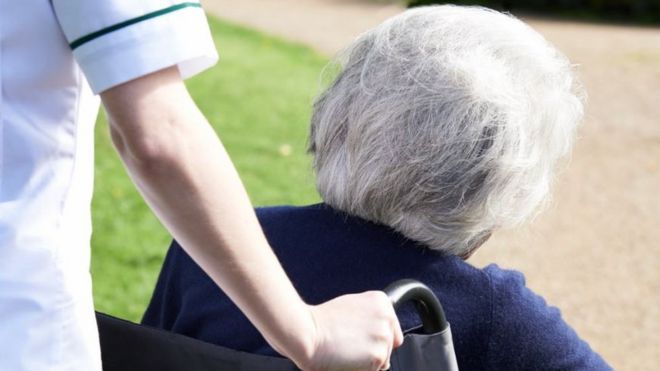Oxfordshire health watchdog reports 'shocking' cases in dignity care report
- 1 hour ago
- Oxford
 Thinkstock
Thinkstock
"Shocking" cases of patients not being treated with dignity in care have been uncovered by a health watchdog.
Healthwatch Oxfordshire also highlights staff fears that "workforce pressures" are making it harder for them to deliver acceptable levels of care.
Its report, written with Age UK, was based on 161 patients and 57 staff completing questionnaires, as well as six focus groups and 10 case studies.
The majority of patients were still treated with dignity, the report added.
Patients with communication difficulties and dementia were particularly unhappy with their care.
One patient, who had suffered a stroke, said she was left for hours in her own excrement.
She said: "I was sedated and my health needs were neglected."
Another described finding her mother-in-law, who has Alzheimer's, "soaked, dirty" and ignored by nurses.
Their report said that, in a small number of cases, their experiences were "shocking".
'Much can be improved'
A woman who suffers from trigeminal neuralgia, a condition which causes severe facial pain, said that while she was normally treated with respect, on one occasion she was called "unclean" by a staff member when she was in too much pain to wash.
Healthwatch also found people were often reluctant to complain and did not always feel properly involved in decisions about their care.
But 93% of patients who responded said they had been treated with dignity or respect "some of the time", "most of the time" or "always".
While patients were receiving "a high level of dignity in their care", Healthwatch chief executive Rachel Coney said there was "still much that can be improved about how people are treated".
The report, written in partnership with charity Age UK, said the county's care organisations have made commitments to improve.
These include drawing up formal dignity standards, reviewing staff training, and involving patients more in decision making.

